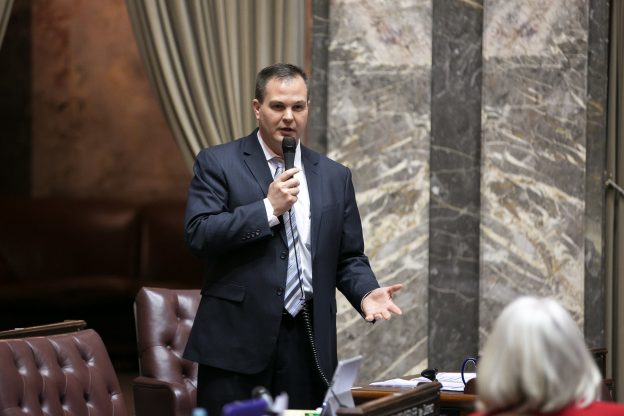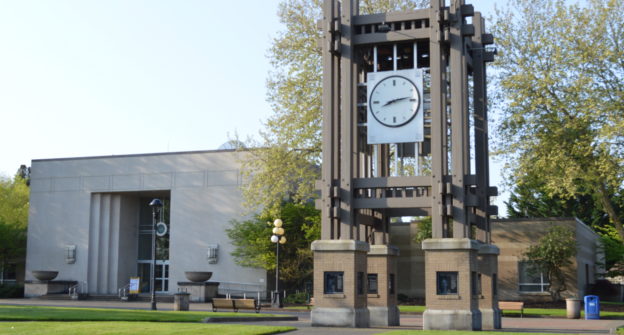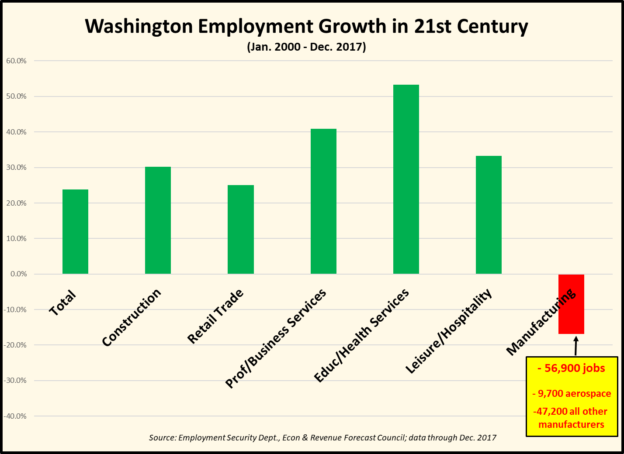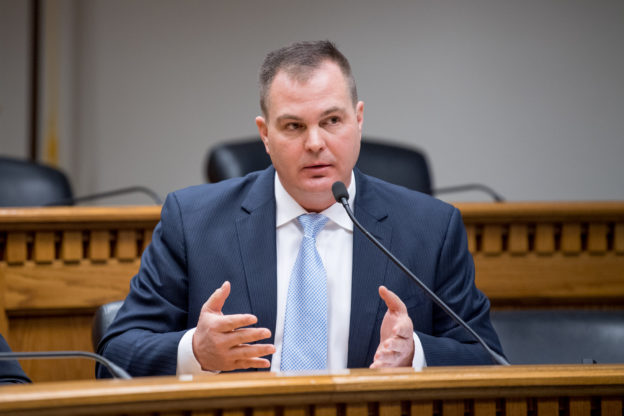Sen. John Braun said the new supplemental budget proposal publicly released by Senate Democrats earlier today leaves the door open for bipartisan engagement. Lawmakers are in the final stretch of a short 60-day session to update the state’s two-year operating budget, passed last year.
“Early indicators show that the Senate budget chair is interested in working across the aisle toward an end result. While we may have differences of opinion on a range of issues, this plan demonstrates a serious commitment toward responsible budgeting. I remain committed to working with the chair to help where I can and advocate for areas that need improvement.
“Protection of our historic education investments and respect for the critically important four-year balanced budget requirement are positive signs. That said, there are still some distinct areas that need improvement, most of which I think we can solve, especially given our strong economy.
“We can and must do better for our special-education students. We should also respect the bipartisan agreement to provide tax parity for manufacturing businesses to help create jobs in this struggling sector.
“I also appreciate that Senate and House Democrats have started to come around on offering property-tax relief after the negative response I received when proposing this in September. However, I do not think the Senate proposal goes far enough, especially when the state is expected to take in an additional $2.3 billion over the next three years.
“Out of everything, my biggest concern remains prioritization of the court and other adults in the education system over children. Adding $1 billion to our school system one year sooner without any accompanying structural changes will create significant long-term problems for school districts, the state and taxpayers, while doing nothing to directly help school children.”
Lawmakers are tasked with updated the state’s two-year operating budget which runs from July 1, 2017 through June 30, 2019. The current budget spends more than $44 billion and makes historic investments in public education and mental health.













